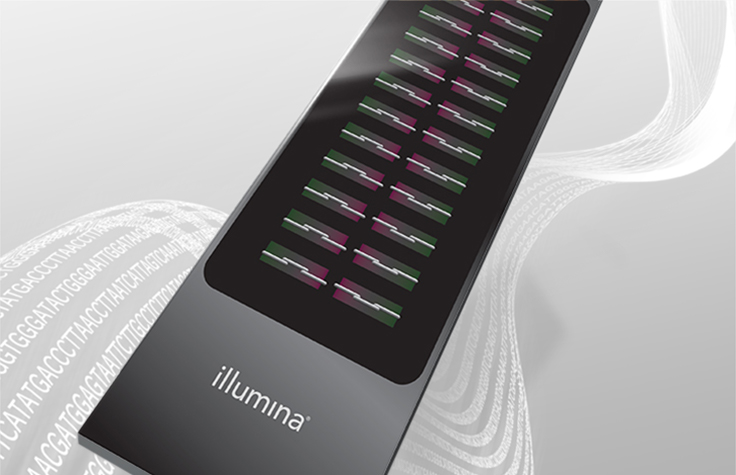Drug Development Consortium Array
DrugDev Consortium Overview
The DrugDev Consortium brought together leaders in translational genomics and computational biology to design a human genotyping array for drug development. This array offers comprehensive coverage of ADME genes and the druggable genome, which enables researchers to test targets much earlier in the drug development process.
Effective drug development depends on proper target validation and an understanding of drug safety and efficacy in a wide population. The DrugDev Consortium Array custom genotyping marker set captures the natural variation in genes involved in drug metabolism, and can be applied for drug target discovery and validation, drug repurposing, preclinical biomarker analysis, and drug specificity studies.
Genotyping of ADME genes and the druggable genome will enable a more efficient process for drug target identification and validation.
Get the details in this Science Translational Medicine publication.
The Infinium DrugDev Consortium Array is now available as a consortium product.
- Access Data Sheet
- For more information or to place an order, contact us.

DrugDev Consortium Participants
Aroon Hingorani, MD, PhD
University College London
Prof. Hingorani is Chair of Genetic Epidemiology at the Institute of Cardiovascular Science, UCL. His research applies genomic data to help identify new drug targets for heart disease prevention and treatment.
John Overington, PhD
University College London
Prof. Overington led the development of ChEMBL, a database of bioactive drug-like small molecules and biotherapeutics. He has also worked on protein modelling and sequence template bioinformatic methods development.
Anna Gaulton, PhD
European Bioinformatics Institute
Dr. Gaulton developed tools and databases to support drug discovery research scientists at Pfizer in tasks such as target identification and prioritization. As part of the Chemogenomics Team at EMBL, she is responsible for development of the ChEMBL database.
